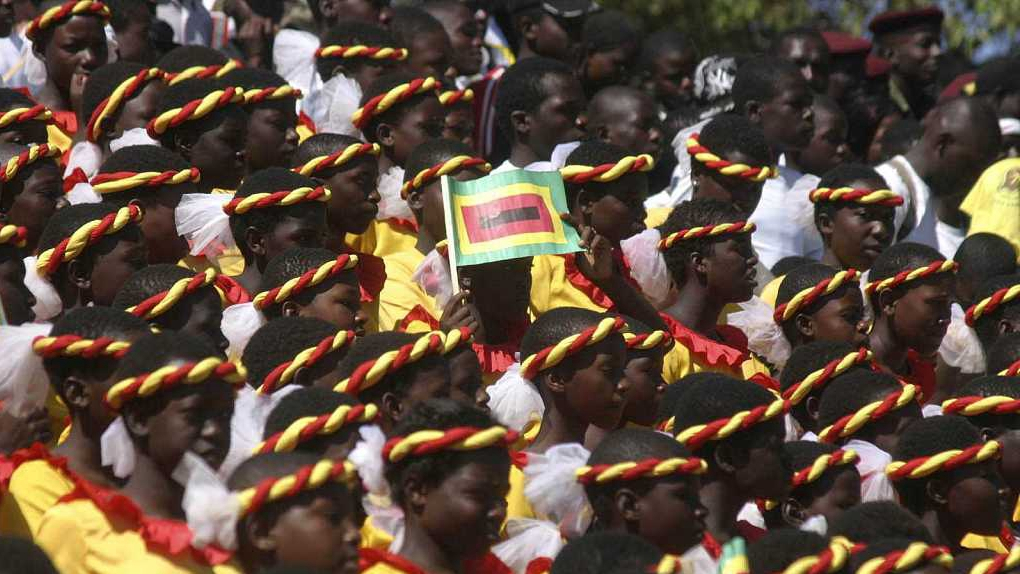
More than half of Zimbabwe's population is at risk of hunger between now and the next harvest in 2020.
The startling assessment is contained in a report by the Zimbabwe Vulnerability Assessment Committee (ZIMVAC), a working group that comprises government and non-governmental humanitarian agencies, including the United Nation's World Food Programme (WFP).
ZIMVAC projects that 59 percent of Zimbabweans will need food assistance during the lean season between January and March 2020. Most of them, a staggering 5.5 million, live in the country's rural areas.
The Southern African nation experienced a poor rainfall season during the 2018/19 season, which cut maize harvests from 1.7 million tonnes in 2018 to less than one million the next year.
Annual maize consumption is about 1.8 million tonnes per annum, meaning Zimbabwe needs to import at about 818,000 metric tonnes of the grain at a cost of 218 million U.S. dollars, an expenditure that the cash-strapped government cannot afford, given it already battling to pay for fuel and electricity supplies.

Zimbabweans perform during the celebrations marking the 28th anniversary of the country's independence at a stadium in Harare, Zimbabwe, April 18, 2018. /VCG Photo
The government relied largely on donors to meet the current food aid requirements which are in the form of direct food donations and cash for asset programs where affected communities are engaged to work on projects in return for cash.
But spiraling inflation, now at a ten-year high of 175 percent, and shortage of some commodities mean the money doesn't go very far and communities cannot fully fend off their hunger.
A UN appeal for humanitarian aid to meet drought and emergency aid in the wake of a deadly Cyclone Idai in March has received a subdued response.
A renewed appeal is due to be launched for which Ursula Mueller, UN's Assistant Secretary for Humanitarian Affairs, urged the "International community to stand with the people of Zimbabwe and urgently provide the funds needed to scale up the humanitarian efforts and avert a further deterioration of the situation."
The country's President Emmerson Mnangagwa has promised that no one will go hungry.
His government recently announced that it would revive a food for work program to assist affected communities by giving them food in return for labor.
The Deputy Minister for Social Welfare said it would soon begin signing up beneficiaries. It's currently in the process of identifying viable projects for them to work on.
Food handouts to child-headed families, the elderly and the chronically ill who are unable to participate in the scheme have already begun.

Copyright © 2018 CGTN. Beijing ICP prepared NO.16065310-3
Copyright © 2018 CGTN. Beijing ICP prepared NO.16065310-3